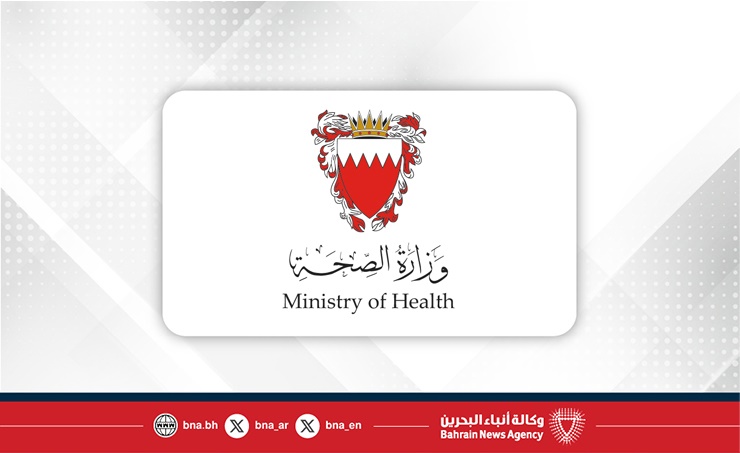Manama, July 28 (BNA): The Ministry of Health stressed Bahrain’s commitment to strengthening disease and epidemic prevention and providing high-quality diagnostic and treatment services to all citizens and residents in line with national and international health goals.
This comes on the occasion of World Hepatitis Day, celebrated every year on July 28 under the theme “Now is the Time to Act”, which aims to raise public awareness about hepatitis and strengthen global cooperation to reduce the spread and complications of the disease and ultimately eradicate it.
The ministry highlighted Bahrain’s key initiatives, such as including Hepatitis B vaccination in the routine immunization schedule since 1991 and Hepatitis A vaccination since 2004. This also includes the Kingdom’s efforts to conduct thorough testing for these viruses in blood donors and early detection through premarital and prenatal testing.
Bahrain is working on continuous awareness and education, as well as providing high-quality laboratory testing to detect these viruses and providing the necessary treatment.
The World Health Organization’s (WHO) Global Hepatitis Report 2024 outlines a series of measures to improve viral hepatitis management and accelerate progress towards eliminating this epidemic by 2030.
There are five main types of hepatitis viruses: A, B, C, D, and E. These viruses are transmitted in different ways depending on the type. Hepatitis A and E are transmitted orally, by ingesting food or water that is contaminated with the virus. Hepatitis B, C, and D viruses are transmitted through blood or its derivatives, such as by sharing contaminated needles or receiving a contaminated blood transfusion, or through sexual contact with an infected person. The virus can also be transmitted from an infected mother to her child during pregnancy, childbirth, and breastfeeding.
translation

